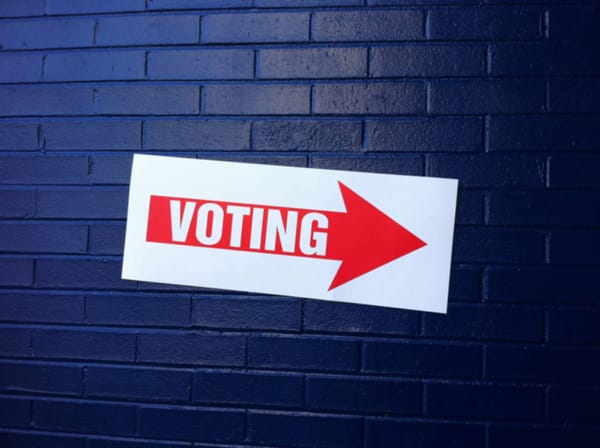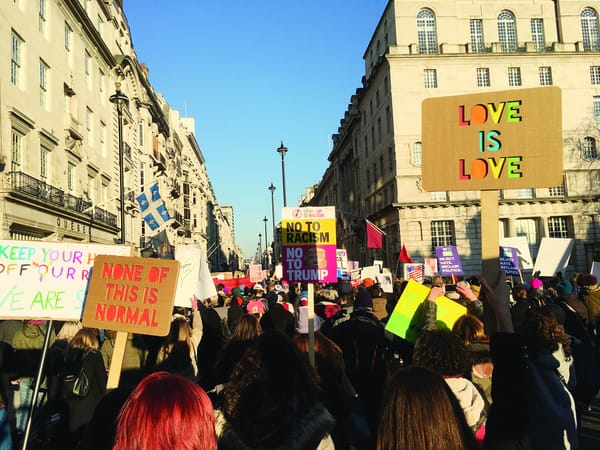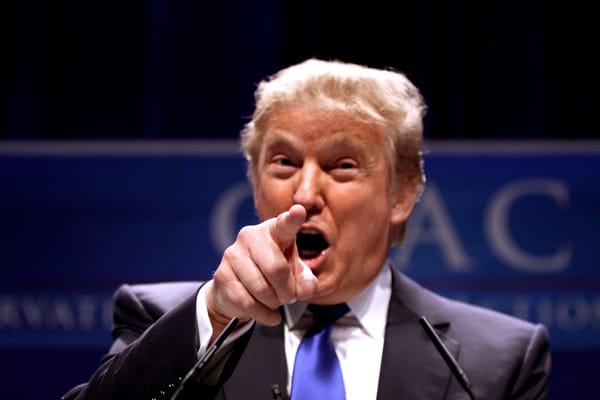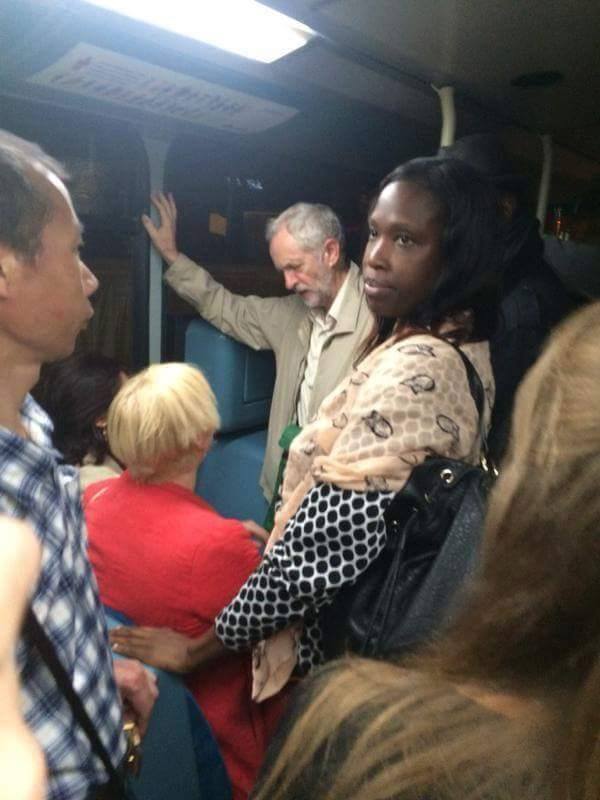An idiot’s guide to the UK general election
Here we go again...
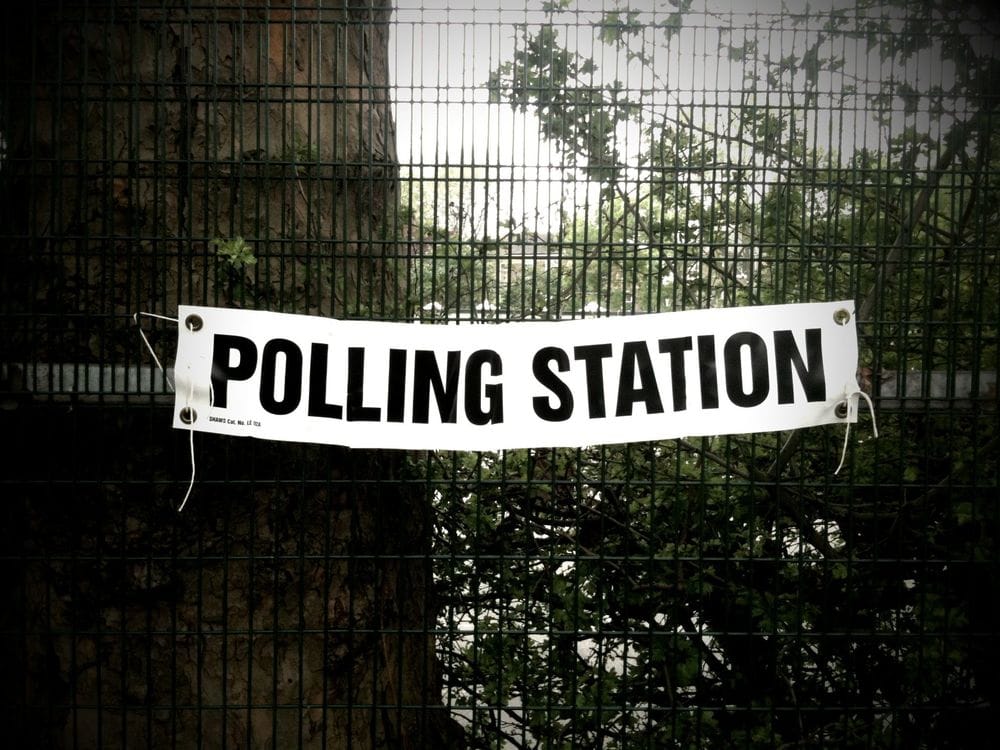
Ding ding ding, it’s election time again. No, you haven’t woken up from that nap in 2020, they’ve called an early election. Do you have no idea who you’re voting for? Well, you’re in luck my friend, because we’ve got a whole pull-out complete with manifesto breakdowns, and personal views on who fellow students are voting for. But before all that, let’s have a look at the overall state of affairs.
What’s happening?
On June 8th a general election is being held to determine the makeup of the United Kingdom Parliament, in particular the political party (or parties) that form Her Majesty’s Government (yeah, the Queen still runs it all, on paper).
“But didn’t the Fixed Term Parliament Act get passed which meant general elections would be held every five years (2015, 2020, 2025 etc.)?” I hear you cry – well yes, kinda. While this is still a law, there’s a loophole in the act which means that if two thirds of MPs vote for an early election, an early election is called. But why did the Prime Minister, Theresa May, call an early election, and why did the other parties support her?
May decided to try and capitalise on her high in the polls in order to increase the number of seats her party has, and in turn make passing decisions through parliament easier. May could’ve held out until the end of the fixed term but with Brexit ever present she likely couldn’t see what the political landscape would be like in three years time – I guess she didn’t have 2020 vision. The other parties voted for this early election because they had to; if they wanted to put themselves in power the only way they could do that would be by an election. Even if they knew they were going to lose, if they didn’t even try then they’d look weak (and certainly not strong and stable).
So how does the UK political system work?
The whole of the UK (England, Wales, Scotland, and Northern Ireland) is split into 650 constituencies who each vote for a single Member of Parliament (MP) to represent them in the House of Commons. The vote in each constituency takes place via a ‘First Past The Post’ system, whoever gets the most votes wins. This system is criticised as it can lead to vast misrepresentations of how the UK as a whole voted in the number of seats awarded to parties. For instance, UKIP garnered 12.7% of the total votes cast but only ended up with one MP in the 2015 election (until that MP left the party), roughly 0.2% of the number of seats in House of Commons. The opposite has also been seen with the SNP, they achieved 4.7% of the vote but gained 8.6% of the seats.
Whether you’re for or against the policies of these parties, it’s not an accurate representation of the electorate’s views and changes to the voting system are constantly advocated. Changing this system to a (sorta) proportional one was put to a referendum in 2011, but it was a bit of a farce and it never got close to passing.
Further changes to the system were to be enacted by the 2020 election, the number of MPs was to be dropped to 600 and the boundaries were to be redrawn so that each constituency had roughly the same number of people in it (something which currently varies wildly) but these changes obviously didn’t take place in time.
Another quirk of the system is that there’s a slight difference in what an actual majority is. A majority, when it comes to votes in the House of Commons, actually means needing slightly less than 325 MPs (half of 650). This is due to some MPs not voting, either by choice or by design.
Sinn Fein MPs from Northern Ireland choose not to take up their place in Parliament as their core belief is for a united Ireland, one which isn’t overseen by a British government. The Speaker and Deputy Speakers of the House (the ones who you see shouting ORRRRRRDDDDERRR) are only allowed to vote in a tie, and even then they have to vote a certain way. This is because even though the Speakers are elected MPs they have to renounce all political stances once they take these roles to remain impartial, which sucks if you live in their constituency as you lose your elected representative.
So who are the main parties?
The current party in charge is the Conservative party (nicknamed the Tory party), led by Theresa May. May inherited the position by virtue of being the only one left in the Conservative leadership election, and is aiming to lead her party to an even larger majority of MPs than the one she currently commands.
Aiming to spoil her party’s party is Jeremy Corbyn, Labour party and opposition leader. The Labour party are the ‘opposition’ party as they got the second most seats and votes behind the Conservatives. Broadly speaking Labour are left-leaning on the political spectrum and the Tories are right-leaning. These positions are then dragged further toward or from the centre depending on the political climate, the leader of the party, and the issue that’s being discussed.
The Liberal Democrats are somewhat in the mix too, collecting 7.9% of the votes in 2015 but getting only eight MPs. This is a huge step down from their 2010 result due to the backlash from the coalition that they entered into with the Tories, which is univerally believed to have been a bad move for the LibDems. Their position as the minority party in the coalition deal meant that they really didn’t have much sway and had to backtrack on some key 2010 policies which clashed with the Conservative stances cough tuition fees cough. They’ve switched leaders since then, from Nick Clegg to Tim Farron, but the north remembers.
UKIP, the right wing mainstream party, are present in the fray as more of an ideology than an actual force in Westminster, with their 12.7% of votes eventually leaving them with no MPs. This doesn’t mean they aren’t important though; they ran on a platform to get out of the EU in 2015 and because they got so many votes, they were able to force David Cameron into holding a referendum (because Dave was scared of losing some of his MPs to UKIP). Long story short, they accomplished one of their main policies, and brought about a massive change to the UK, while having fewer MPs than the Lib Dems. Currently they’re led by Paul Nuttall but Nigel Farage, their ale-drinking, cigarette-smoking, EU-hating figurehead is never too far from the picture.
The Green Party represent the opposite end of politics to UKIP, being the party which mixes environmentalist and left-wing economics with a dollop of progressive politics. Jointly led by Jonathan Bartley and Caroline Lucas (their only MP), they are often amongst the top-four parties vote-wise, but due to the electoral system they find it hard to win seats. The largest regional parties, the Scottish National Party (SNP) and Plaid Cymru, represent Scottish and Welsh interests respectively. The SNP does considerably better out of the two and has amassed 56 MPs as opposed to Plaid’s three.
The ‘main’ party manifestos are covered in the following pages but make sure to do a little bit of research into your local party candidates too. This is because at the end of the day you are voting for a local representative, albeit one who’ll be somewhat tied to a national agenda, and they may have particular policies or beliefs that either align or clash with your own views.
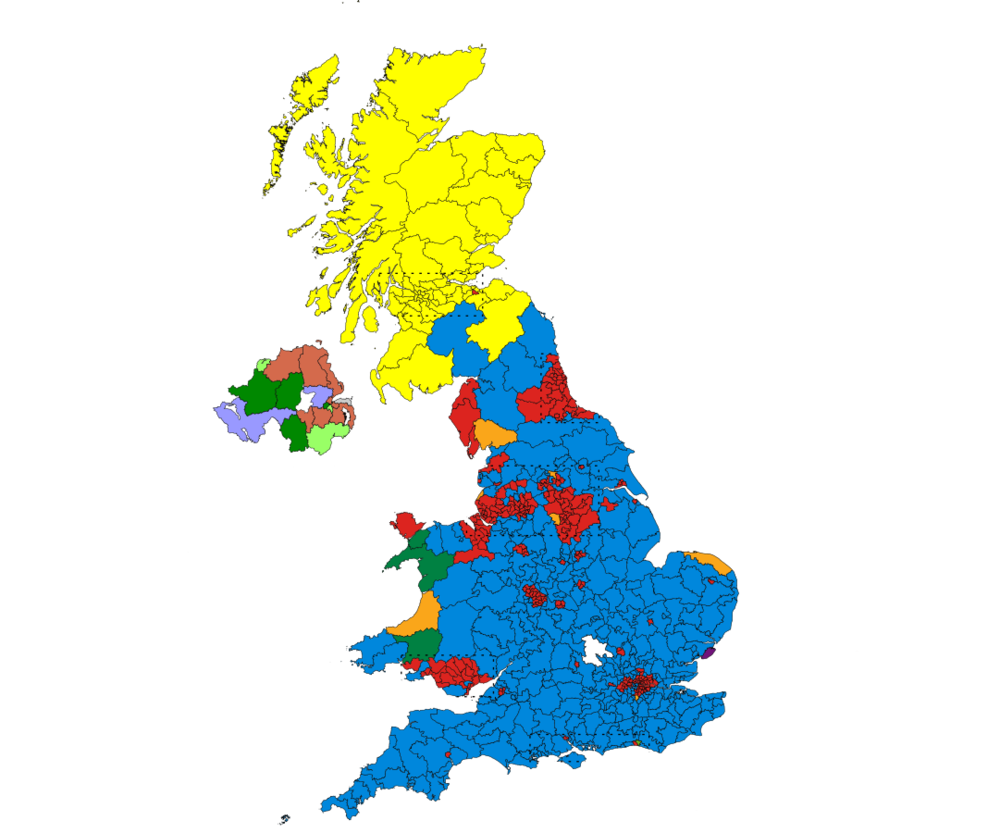
And what’s the likely outcome?
Honestly, it’s getting less and less clear by the minute. When the election was called by May in April, some polls had her as far ahead as 24% over Labour but as May (the month) went past, May (the Prime Minister) and the Conservatives had their lead cut (despite local election losses for Labour) and now June may be a disaster for May (the Prime Minister).
This has been largely in part due to a surge from Labour rather than a demise for the Tories – although May’s ‘U-turn’ on social care and how it would be funded didn’t help them. Local elections have also thrown an extra indication of the mood of the country into the mix, with them occurring just a month before the general election, not halfway through a parliament like normal.
Local-level governance is very different to the roles that MPs have and often votes are cast with local issues in mind, but general trends are probably not too far off the pace. Essentially the Conservatives did well, Lib Dems did okay, Labour did poorly (although this is still a moving picture), and UKIP were annihilated (this doesn’t do their losses justice).
Any hopes for a Labour win on June 8th looked to be further diminished, as a party that was going to make a surge would most likely have made gains rather than losses like they did. However, turnout is always lower for these local elections and the demographic of who votes is different (not all parts of the country vote too). As of going to press though, the Conservative party will likely be the largest party but won’t have gained the massive majority that they were hoping to achieve. This all depends on how good an indication the local elections were, whether the current Labour surge in popularity continues, and whether the ‘shy Tory effect’ comes into play. And besides, if we’ve learnt anything recently, the polls are always wrong anyway.
What to look out for on June 8th
Voting opens at 7am on Thursday June 8th and continues until 10pm the same day, but the general rule of thumb is that if you’re in the queue by 10pm you’ll be eligible to vote (don’t use me as your lawyer in court though). During the day there’ll actually be a weird lull in the election HYPE as once the polls are open, all the news can report is that “voting is underway” as they aren’t allowed to influence voting one bit.
As soon as the clock strikes 10pm then all hell breaks loose as the ‘Exit polls’ are released. These are opinion polls conducted as people leave the voting booths and are roughly a representation of the results ahead. As the voting closes it’s then a race between certain really competitive constituencies as to who can ‘declare’ their results first. The winner the past few elections has been Houghton and Sunderland South, with other constituencies in Sunderland following close behind. They take it so seriously that voters are instructed to only fold their votes once, and the ballot papers were reduced from 100gsm to 80gsm paper, truly efficiency at its finest.
From then on the results will trickle in throughout the night, the bulk of which should be declared by about 3-4am. In other news, David Dimbleby has, once again, postponed his retirement to chair the BBC’s coverage. Be prepared for his sleep-deprived sass when spin doctors try and spin the unspinnable. BBC, ITV, Sky News, and Channel 4 all have coverage of some sort, the BBC is usually the more serious and formal outlet with all the big names and Channel 4 have Jeremy Paxman, David Mitchell, and Gogglebox for a bit more of a light-hearted take. The BBC also includes Jeremy Vine in his virtual reality hell (you’ll know it when you see it) and the stats guru Professor John Curtice, the only man who can keep on top of literally every vote and what it means. Flick between all four channels during the eight-plus hours of coverage for best effect.
By morning, a pretty clear picture should have emerged and later in the day, if a majority party is present, a government will be formed (provided The Queen lets them). If there’s no clear winner, that’s when the ‘fun’ begins. Parties will have to try and form a coalition (very hard after the Conservative/Lib Dem coalition in 2010 didn’t go swimmingly) and if that fails we’ll either end up with a minority government, which will find it hard to pass laws and bills, or we might end up with another election. And nobody – and I stress, nobody – wants that.
Regardless of your politics and regardless of whether you’re voting in a safe seat or not, go out and vote. Take the little bit of time out of your day to exercise your democratic right, and even if you don’t vote for a particular party, just spoil your ballot in a hilarious way.

